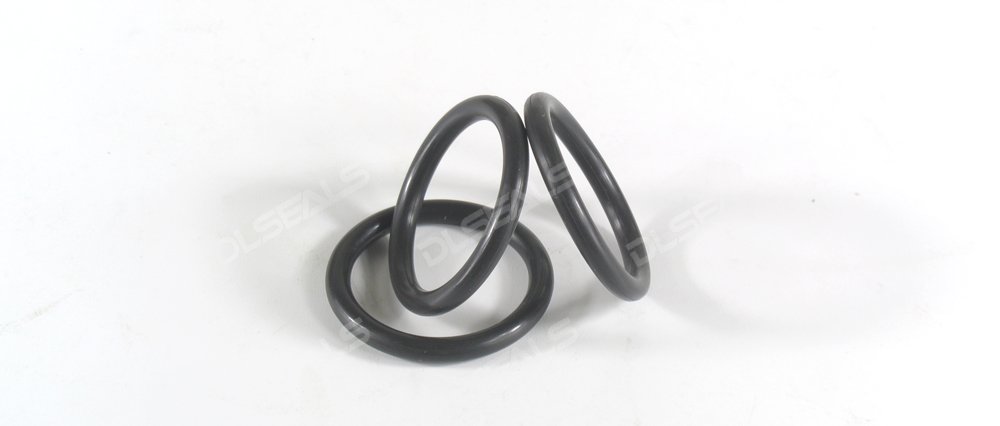When it comes to automotive engineering, the choice between rubber and metal seals can significantly impact performance, durability, and cost-effectiveness. Each material offers distinct advantages depending on the specific application within the vehicle.
Rubber Seals:
Rubber seals are widely favored for their flexibility and ability to create effective barriers against liquids and gases. They excel in applications requiring dynamic sealing, such as doors, windows, and engines. The elasticity of rubber allows it to maintain a tight seal even when subjected to vibrations and temperature fluctuations common in automotive environments. Moreover, rubber seals are generally more affordable compared to metal counterparts, making them a cost-effective choice for mass-produced vehicles.
Key Advantages of Rubber Seals:
Flexibility: Conforms well to irregular surfaces, ensuring a secure seal.
Resilience: Withstands environmental elements and aging without significant deterioration.
Noise and Vibration Dampening: Helps reduce noise levels within the vehicle cabin.
Cost-Effective: Economical for high-volume production.
Metal Seals:
Metal seals, on the other hand, are preferred for applications requiring higher pressure or temperature resistance. They offer superior mechanical strength and stability, making them suitable for critical sealing points such as engine compartments, transmissions, and braking systems. Metal seals are also known for their longevity and ability to withstand extreme conditions without compromising performance. While typically more expensive than rubber seals, their durability and reliability justify the investment in demanding automotive applications.
Key Advantages of Metal Seals:
High Temperature Resistance: Maintains integrity under extreme heat conditions.
Mechanical Strength: Ideal for high-pressure sealing requirements.
Longevity: Offers extended service life compared to rubber seals.
Chemical Compatibility: Resistant to various fluids and chemicals used in automotive systems.
Choosing the Right Seal for Automotive Applications:
Selecting between rubber and metal seals involves careful consideration of performance requirements, environmental factors, and budget constraints. For components exposed to frequent movement and varying environmental conditions, rubber seals provide a practical solution with their flexibility and cost-efficiency. In contrast, critical systems demanding robust sealing under high pressure or temperature extremes benefit significantly from the durability and reliability of metal seals.
In conclusion, the choice between rubber and metal seals in automotive engineering is pivotal in ensuring optimal performance, reliability, and longevity of vehicle components. By understanding the unique properties and advantages of each material, automotive engineers can make informed decisions that align with specific application needs and operational conditions, ultimately enhancing overall vehicle quality and customer satisfaction.
Explore Your Options:
Whether you lean towards the flexibility of rubber or the resilience of metal, choosing the right seal can transform automotive design and performance. Contact [Your Company Name] today to discuss how our expertise in seals can elevate your automotive projects to new heights of innovation and efficiency.
Post time: Jul-16-2024

